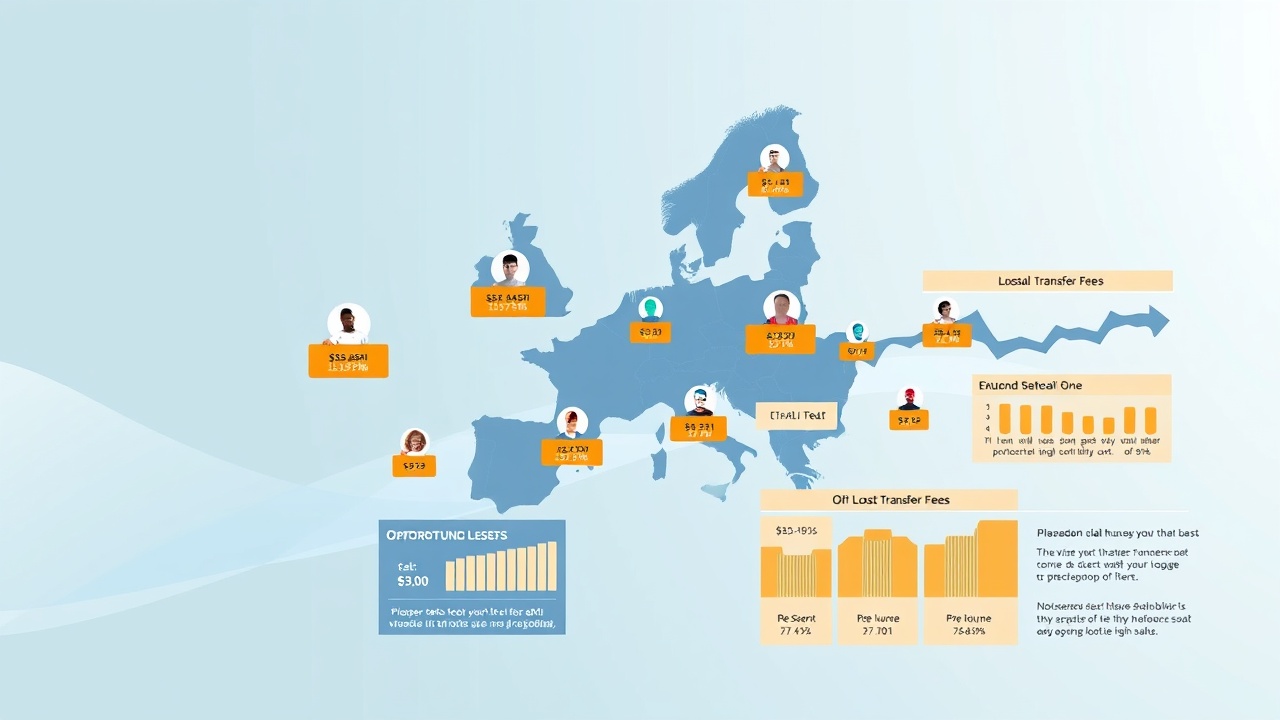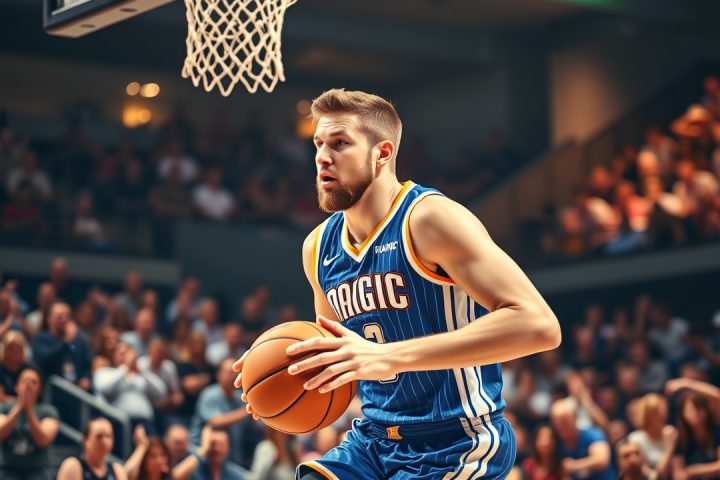Transfer Overview
The transfer of Anthony Elanga from Nottingham Forest to Newcastle United is a significant shift within the Premier League landscape, highlighting contrasting fortunes for both clubs involved. Newcastle has celebrated this acquisition as a crucial success after a somewhat lackluster summer, with Elanga now standing as the club’s third most substantial signing in its history, only trailing behind Alexander Isak and Sandro Tonali.
Impact on Nottingham Forest
For Nottingham Forest, the loss of a player who provided 17 goal contributions in just 28 league matches last season is a tough pill to swallow. However, the financial aspect mitigates the loss somewhat, as they will net a record £52 million from his transfer— with potential total fees reaching £60 million if Morgan Gibbs-White also departs to Tottenham Hotspur.
Elanga’s Career Progression
Elanga’s journey in football has been marked by a considerable rise. Two years ago, he transferred from Manchester United to Nottingham Forest for £15 million. Now, after impressing in the Premier League, he has secured a move worth over three times that initial fee, significantly underscoring Manchester United’s struggles in the transfer market.
Manchester United’s Financial Struggles
Despite retaining a 15% sell-on clause that could benefit them by generating around £5 million, United’s profit from the sale still pales in comparison to what Newcastle has just invested in Elanga. Recently, Manchester United’s transfer strategies have come under scrutiny, especially with the club reportedly owing over £300 million in net fees to other teams, illuminating their inconsistent selling capacity.
Historical Context
Historically, Manchester United has not excelled at recouping investments made on squad players in the market; since the 2015-16 season, they are estimated to have “lost” around £272.5 million in potential future transfer fees. This figure places them second among English clubs in terms of missed financial opportunities, a finding that highlights the gap between them and rivals when it comes to managing player sales effectively.
Comparative Analysis
Further illuminating Manchester United’s situation is the legacy of former player Paul Pogba, whose convoluted transfer story illustrates the complications involved in player valuations. United repurchased Pogba from Juventus in 2016 for £89 million— a hefty sum that may not have been necessary had they retained him when he left for a fraction of that price earlier in his career.
Comparatively, clubs like Chelsea and Manchester City, often hailed as shrewd operators in the market, also encounter their own scenarios of lost fees. Take City, for instance; their capable youth academy consistently produces top-tier talent, but their challenges arise from the impossibility of integrating all those players into the first team. This leads to many of their young stars being sold before they could realize their full potential. Similarly, Chelsea’s history illustrates that while they have profited from several key player sales, their past decisions—such as letting go of superstars like Kevin De Bruyne and Mohamed Salah—present a stark reminder of what could have been.
Broader Trends in Player Transfers
Outside of the traditional powerhouses, other clubs like Birmingham City are also prominent on the list of those who have missed out on substantial future fees, largely attributable to the selling of noteworthy talents like the Bellingham brothers. Their situations are trends that highlight how smaller clubs often lack the leverage needed to maximize financial returns on player sales.
Analyzing these movements across the football transfer landscape reveals more than just individual transactions; it underscores the unyielding hierarchy in football. Wealthier clubs consistently accumulate talent, giving them the luxury of selecting from their finest, while less affluent clubs are often compelled to settle for immediate financial gains instead of waiting for true market value, which becomes increasingly apparent in future transfers.




